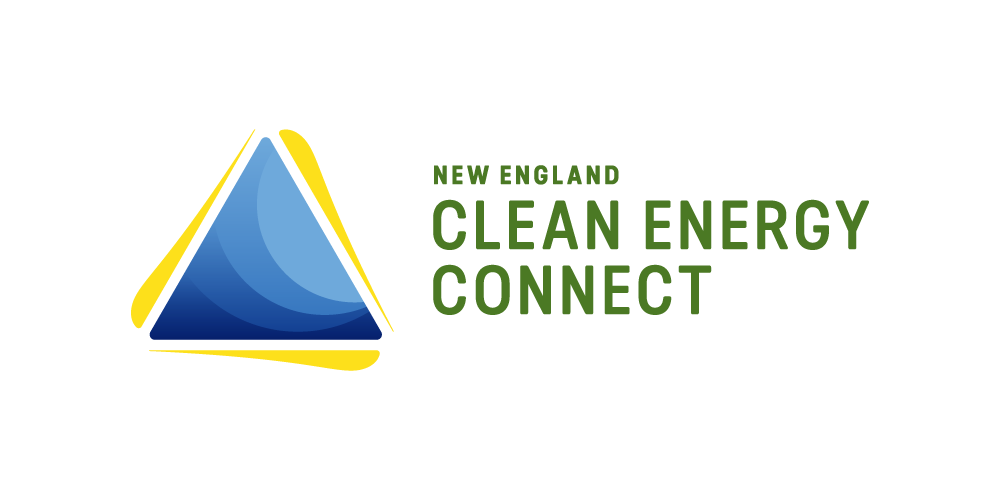Online Documentary Premieres to Uncover the Facts Surrounding the New England Clean Energy Connect
“Clearing the Air” will dispel myths about the corridor project and feature real conversations with Mainers
AUGUSTA, MAINE – May 7, 2020 – The New England Clean Energy Connect (NECEC) is the focus of a new online series of short stories that takes a deep dive into the science and facts behind the Clean Energy Corridor and the Mainers who support it.
The documentary-style series called ‘Clearing the Air’ is hosted by Thorn Dickinson, President & CEO of NECEC Transmission LLC. Thorn has travelled thousands of miles around Maine in the past few years, talking to Mainers about why this project is so important. The series follows Dickinson on his travels around the state, chronicling those conversations.
“I’ve been going from small town to small town in some of the more remote parts of Maine talking to Mainers. I appreciate the passion both supporters and opponents of the project have. I’ve enjoyed listening to their thoughts whether it be in a formal setting or a parking lot,” said Dickinson. “I want to share these conversations with other Mainers so they can make an informed decision on the NECEC. That’s what this show is all about.”
“Working on a DC transmission line is an exciting challenge for the engineers who help designed the new section of the corridor,” said NECEC project manager Adam Desrosiers. “It’s an opportunity to move Maine away from our reliance on fossil fuels and in the direction of producing and using renewable energy such as hydropower in the future.”
‘Clearing the Air; will do exactly what its title implies. Clear the air of the misconceptions and wildly false claims being circulated surrounding the construction of the corridor. When facts and truth are brought into the equation, there is no disputing the science that the NECEC is good for Maine.
‘Clearing the Air’ also reminds viewers this project will remove more than three million metric tons of carbon created when we burn fossil fuels and replace that energy with carbon-free hydropower annually.
From Starks to Lewiston and points in between, Thorn has had memorable conversations with so many Mainers. The series will be aired on YouTube, Instagram and Instagram TV. You can watch episode one here: Clearing The Air.
ABOUT THE NECEC PROJECT
The New England Clean Energy Connect (NECEC) is a $950 million investment that will deliver 1,200 megawatts of renewable hydropower to the New England energy grid in Lewiston, Maine. All the costs will be paid for by Massachusetts electric customers. Once built, the NECEC would be New England’s largest source of renewable energy, representing a fundamental shift away from fossil fuels while simultaneously lowering energy costs in Maine and New England.
The 145-mile transmission line will be built on land owned or controlled by Central Maine Power. The 53 miles of new corridor on working forest land will use a new clearing technique of tapered vegetation; the remaining two-thirds of the project follows existing power lines created for the state’s hydroelectric industry almost a century ago. Construction will begin as soon as final environmental permits are received, expected in the second quarter of 2020, with the construction completed and the line in service by December 2022.
The project will create more than 1,600 good-paying jobs during the two-and-a-half-year construction period, provide $200 million in upgrades to Maine’s energy grid, making Maine’s electricity service more reliable. The NECEC will allow more producers of renewable energy here in Maine to get their energy on the grid, and because the corridor project will use clean hydro power, it will reduce the use of fossil fuels, cutting three million metric tons of dirty emissions each year.
The NECEC will also deliver significant economic benefits to Maine in the region, including lower electricity prices, increased local real estate taxes and reduced energy costs, as well as benefits like expanded fiber optic cable for broadband service in Somerset and Franklin counties, and funding of economic development for Western Maine.
###

